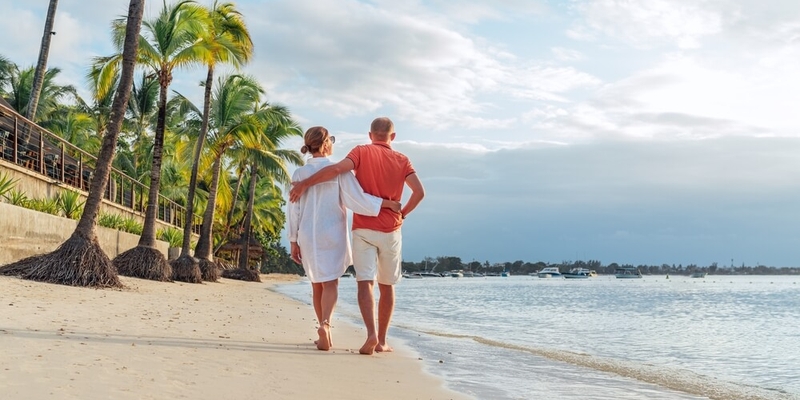
If you are not redirected within 30 seconds, please click here to continue.
Samedi: 10h – 16h HAE

If you are not redirected within 30 seconds, please click here to continue.
If you are not redirected within 30 seconds, please click here to continue.
- Manulife recently made some travel coverage contingent on policyholders receiving two doses of a Health Canada-authorized COVID-19 vaccine. RATESDOTCA has learned another major insurer will unveil a similar policy in the coming weeks.
- Unvaccinated travellers are facing increasing restrictions abroad beyond limited insurance options. Countries such as the United Kingdom, France, and Italy are starting to require proof of vaccination for entry into most indoor public venues.
- Canadians are strongly supportive of vaccine passport requirements, but Americans are opposed. For unvaccinated Canadians in the United States, that raises potential risks.
As Canada begins opening more activities amid a cautious recovery from the depths of the COVID-19 pandemic, those opportunities remain largely closed to the unvaccinated.
That includes access to travel insurance. Last month, Manulife became Canada’s first travel insurance provider to offer certain coverages exclusively to fully vaccinated travellers. RATESDOTCA has since learned that at least one more major insurer will unveil similar vaccination requirements for certain policies before the end of July.
The trend is part of a broader effort to balance the relatively low risk posed by gatherings of fully vaccinated people with the lingering threat of more transmissible COVID-19 mutations such as the delta variant poses to unvaccinated people.
Currently, many travel insurance providers in Canada will not provide coverage for cruises. Manulife is currently one of the few offering coverage for cruises, but even those policies will only cover costs related to a COVID-19 infection if the policyholder is fully vaccinated. That means cruisegoers who have not received both jabs at least two weeks before departure will be on the hook for any expenses related to a potential COVID-19 infection; from quarantine costs to possible hospitalization bills.
Unvaccinated travellers face increasing restrictions
Those unvaccinated travellers who remain unconcerned with the insurance restrictions must also recognize the additional barriers they will face once they arrive at their destination.
Only essential travel is permitted from Canada to the United States until at least August 21, for example. Canada will allow Americans into the country for non-essential reasons as of August 9, but only if they have been fully vaccinated for at least two weeks before their arrival.
The United Kingdom just reopened nightclubs and live music venues earlier this week for the first time since the pandemic began. Starting in September, however, clubbers and concertgoers will be required to show proof of vaccination to enter such venues and other large public events.
Other countries are going even further. France currently requires proof of vaccination for entry into tourist hotspots like the Eiffel Tower and reportedly for access to bars, restaurants, and cafes. Italy, meanwhile, is considering banning the unvaccinated from most indoor public venues.
Don't waste time calling around for travel insurance
Use RATESDOTCA to shop around, and compare multiple quotes at the same time.
Finding the best travel insurance coverage has never been so easy!
Canadians strongly support vaccine passports. Americans strongly opposed
According to the results of a Leger survey conducted between July 16-18, fully two-thirds of Canadians (66%) feel that those who get vaccinated should have greater freedoms than those who do not. Another large majority of Canadians (58%) support vaccine passport requirements for all essential and non-essential travel activities.
Americans, meanwhile, disagree.
The same survey found only 41% of Americans feel those who get vaccinated should have greater freedoms than those who did not, and only 37% of Americans support vaccine passport requirements. The survey found a larger proportion of United States residents (45%) feel it is unfair to place restrictions on people just because they choose not to be vaccinated, as some states have even enacted laws banning proof-of-vaccination requirements.
For any unvaccinated would-be travellers who are considering taking the risk of leaving the country uninsured, consider that even a relatively common vacation mishap like a broken arm can cost over US$30,000 if it happens in Florida.
Get money-saving tips in your inbox.
Stay on top of personal finance tips from our money experts!











